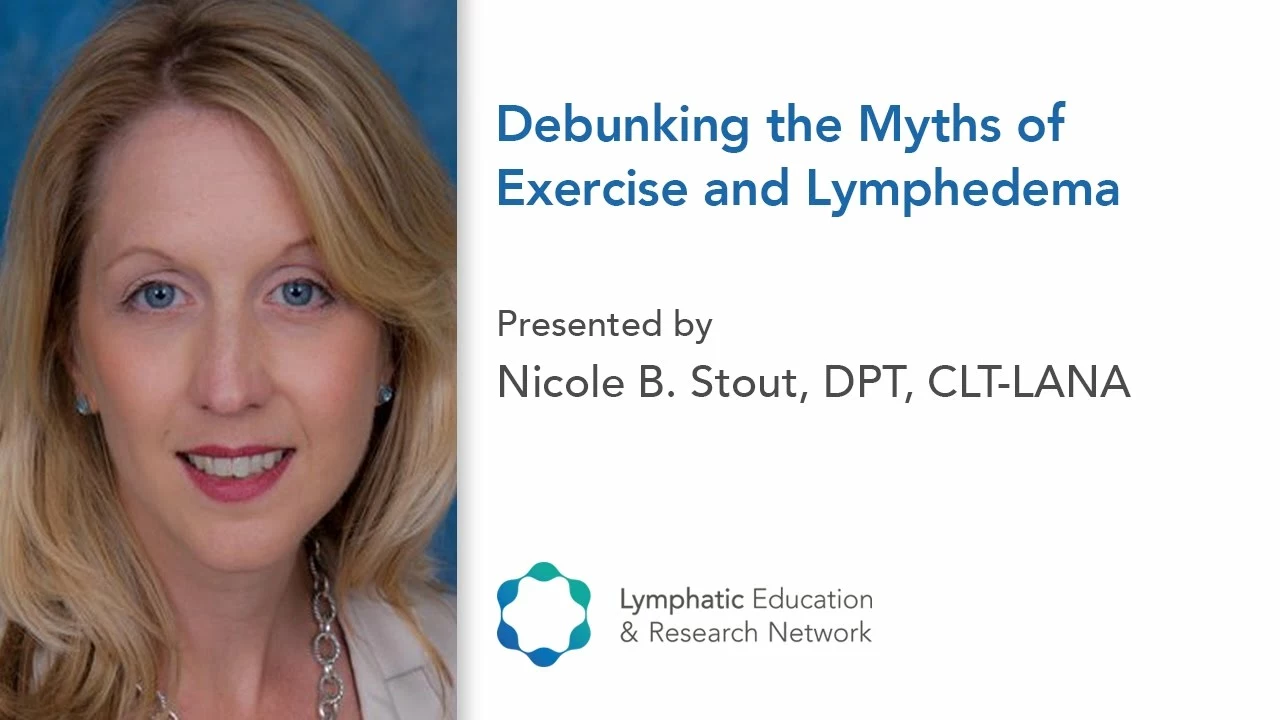Addictive medicines: how to spot risk and stay safe
Some prescriptions relieve symptoms fast but can also lead to dependence or addiction. That doesn’t mean every medicine is dangerous, but it helps to know which ones carry higher risk, how to spot trouble early, and what to do if you’re worried.
Spot the signs
Addiction and physical dependence are different. Dependence means your body adapts and you may get withdrawal if you stop. Addiction means you keep using a drug despite harm. Watch for these red flags: needing higher doses, using beyond the prescribed period, cravings, loss of control, hiding use, or medicine affecting work and relationships. Sudden mood swings, sedation, or confusion can signal misuse or dangerous mixing with alcohol or other drugs.
How to use meds safely
Follow the doctor’s directions exactly. Ask about how long you should take a medicine and whether you can stop it abruptly. Never change dose without talking to your prescriber — some drugs need a slow taper to avoid withdrawal. Store meds in a locked place and keep track of pills. Don’t share prescriptions, and never take someone else’s medicine even if symptoms seem similar.
If you’re prescribed an opioid, benzodiazepine, or stimulant, discuss safety steps up front: expected duration, side effects, alternative treatments, and whether a non-addictive option exists. Ask whether naloxone (overdose reversal for opioids) is appropriate for you or a family member. If you have a history of substance use or mental health issues, bring that up — your provider can tailor a safer plan.
Look into non-drug options where possible. For pain, try physical therapy, targeted injections, or topical meds. For anxiety and insomnia, cognitive behavioral therapy and sleep-hygiene changes can reduce the need for long-term pills. Some articles on this site review alternatives and practical steps to manage symptoms without relying on addictive drugs.
When it’s time to stop a medication, ask for a taper schedule. Abruptly stopping benzodiazepines or some opioids can cause severe withdrawal. A slow, supervised reduction lowers risks and makes the process manageable.
Safe disposal matters. Keep old or unused prescriptions out of reach and drop them at pharmacy take-back programs or official collection sites. Do not flush medications unless the label or pharmacist says it’s okay.
Get help early. If you suspect dependence or addiction, talk to your prescriber or pharmacist right away. Local clinics, addiction specialists, and hotlines can offer support and treatment options. In an overdose or life-threatening situation, call emergency services immediately.
Use this tag page to find practical articles on specific drugs, safe alternatives, and real‑world tips for managing medications. If you need quick help or questions about a particular prescription, our Contact page can point you to resources and recent guides on safe use.

Is Buspirone Addictive? Debunking the Myths
In my latest blog post, I dig deep to uncover the truth about buspirone and its potential for addiction. A lot of people seem to have misconceptions about this anti-anxiety medication, so I wanted to clear things up. After conducting thorough research, I found that buspirone is, in fact, non-addictive and has a low risk of abuse. However, it's essential to follow the prescribed dosage and consult with a healthcare professional if you have concerns. Stay tuned to my blog for more myth-busting and useful information on mental health!
read more




